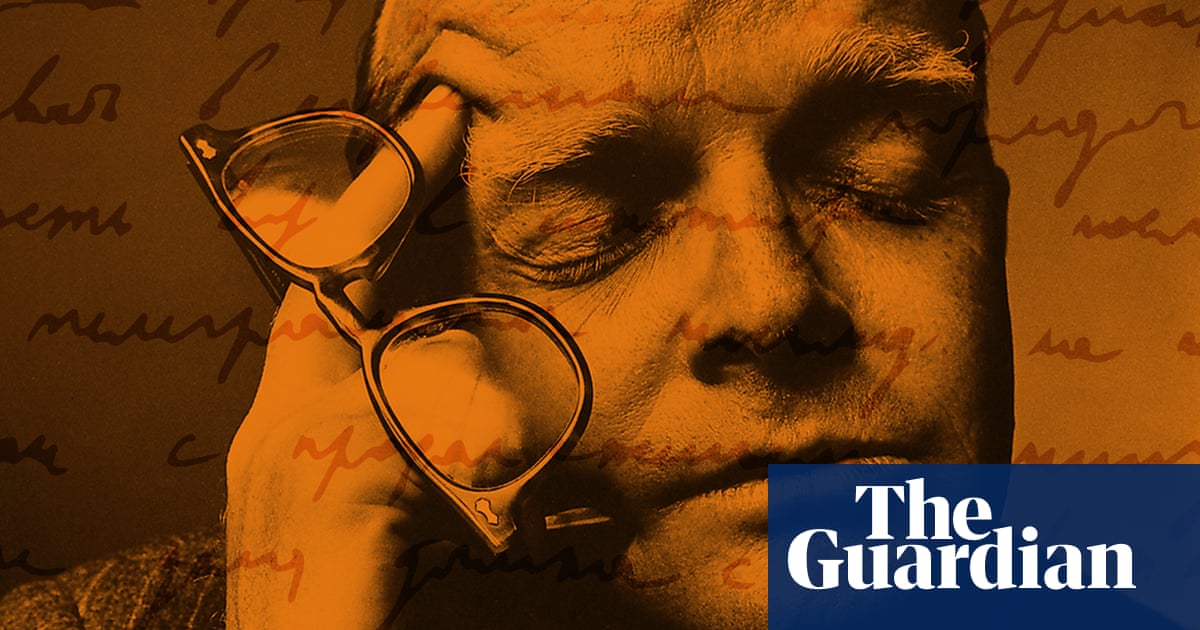Today marks 100 years since the birth of Truman Capote, the author of quietly devastating novels, charming short stories, and pioneering works of creative nonfiction. Though known primarily for one novella – Breakfast at Tiffany’s – as well as his colourful personal life – earlier this year Ryan Murphy’s film Feud: Capote vs the Swans explored the fallout when the writer and bon vivant betrayed his friendship group of Manhattan socialites – there are plenty of ways to better understand Capote as a man, a myth and a writer. Here are some good places to begin.
The entry point
Breakfast at Tiffany’s might be more famous for its film adaptation (which excises some of the less palatable parts of the story), but the original story carries with it all of Capote’s stinging barbs with a more serious, melancholic tone. Capote’s now-iconic protagonist Holly Golightly was described by the writer as an “American geisha” who made her living through socialising with wealthy men. The novella is framed through the recollection of an unnamed writer who befriended Holly, as their friendship morphs into a tragicomic tale of loss.
The one to drop into dinner party conversation
Truly, there could be nothing better suited for fun dinner table chat than Capote’s explosive, controversial Answered Prayers. The semi-autobiographical tale of a writer and hustler is filled with thinly veiled portraits of Capote’s friends and confidants, with nobody safe from the writer’s poison pen. Only a few chapters were ever published – there are several conflicting theories as to the fate of the others – but the almost gleeful malice that Capote injects into this work makes it impossible to put down. Later in life, the author would read from unpublished chapters at his own dinner parties, so discussing the book over a bottle of wine is surely what he would have wanted.
after newsletter promotion
The book club pick
With In Cold Blood, Capote revolutionised the ways in which we understand both true crime storytelling and narrative nonfiction. By following the murders of the Clutter family in 1959, and conducting personal interviews with the two men convicted of the crime, Capote created a trailblazing work of New Journalism – the practice of the writer inserting themselves into the story as it develops – and one that feels all the more rich and compelling at a time when the true crime genre is so popular.
The one that deserves more attention
Capote wrote a trilogy of short stories following his own semi-autobiographical childhood across various holiday periods: A Christmas Memory, The Thanksgiving Visitor, and One Christmas. More nostalgic and mournful than the witty, gossipy fiction for which he became known, this deeply felt trio captures the pains of growing up, and the strained bonds we can have with family.
The masterpiece
Other Voices, Other Rooms is Capote’s first novel, published in 1948 and written in a style that the author never returned to in his long and storied career: southern gothic. In the tale, Joel Harrison Knox, a teenager grieving the loss of his mother and sent to live with family in the decaying mansion of Skully’s Landing on a plantation in Mississippi, begins to learn the truth about the father who abandoned him and becomes close with Randolph who is gay. Filled with portraits inspired by Capote himself and his family and friends – the sullen Idabel is an exaggerated version of Harper Lee – Other Voices is everything that makes Capote a compelling writer in a slender, singular book.
